Ferrets have burrowed their way into the hearts of pet owners worldwide with their playful antics and curious personalities. These domesticated members of the weasel family make entertaining and affectionate companions, but they come with unique health challenges that every ferret owner should understand. Ferrets are prone to several specific medical conditions that can significantly impact their quality of life and longevity. With proper knowledge and preventative care, many of these health issues can be managed or avoided altogether. This comprehensive guide explores the most common health concerns affecting ferrets and provides practical advice on prevention, early detection, and proper care to keep your fuzzy friend healthy and happy for years to come.
Adrenal Disease: A Common Endocrine Disorder
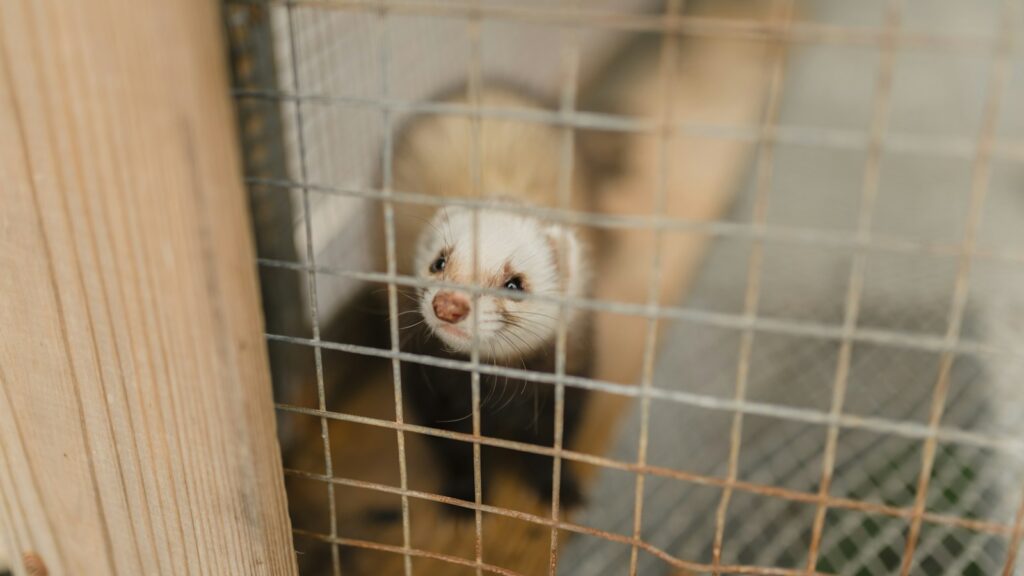
Adrenal disease is one of the most prevalent health issues in ferrets, particularly those over three years of age, affecting up to 70% of ferrets in North America. This condition occurs when the adrenal glands produce excessive hormones, resulting in symptoms such as hair loss starting at the tail and progressing forward, increased body odor, lethargy, and aggression. Female ferrets may develop an enlarged vulva, while males can experience difficulty urinating due to prostate enlargement. Early spaying and neutering are thought to contribute to the high prevalence of this disease, as removing the ovaries and testes disrupts the natural hormone feedback loop. Prevention strategies include delaying spaying/neutering until after sexual maturity when possible, using hormone implants like Deslorelin as an alternative to surgical sterilization, and scheduling regular veterinary check-ups to catch symptoms early.
Insulinoma: The Sugar-Processing Problem

Insulinoma, a cancer of the pancreatic beta cells, represents another common ferret health challenge that causes excessive insulin production and results in dangerously low blood sugar levels. Affected ferrets may exhibit episodes of weakness, drooling, disorientation, pawing at the mouth, or even seizures, with symptoms often worsening after periods of not eating. The exact cause remains unknown, but poor diet and genetic factors are suspected contributors to this condition. Prevention centers around proper nutrition – feeding high-quality, meat-based ferret food with minimal plant-based ingredients and absolutely no sugars or sweeteners. Many veterinarians recommend a raw diet or premium ferret kibble that mimics the natural, prey-based diet ferrets would consume in the wild. Regular meal scheduling, rather than free-feeding, can help maintain stable blood sugar levels and may reduce insulinoma risk.
Lymphoma: A Common Ferret Cancer
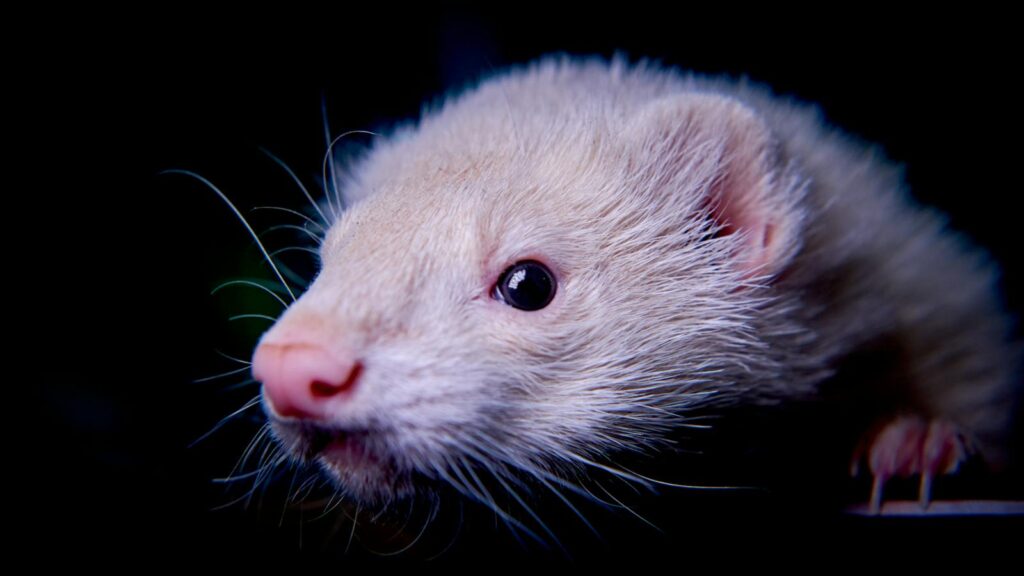
Lymphoma stands as one of the most frequently diagnosed cancers in ferrets, affecting the lymphatic system and causing abnormal growth of lymphocytes throughout the body. This cancer can manifest in several forms: mediastinal (chest), multicentric (throughout multiple lymph nodes), gastrointestinal, or cutaneous (skin), with each type presenting different symptoms ranging from breathing difficulties to weight loss and enlarged lymph nodes. While genetic predisposition plays a significant role, exposure to cigarette smoke and other environmental toxins may increase lymphoma risk in ferrets. Preventative measures include maintaining a smoke-free environment for your ferret, minimizing exposure to chemicals and toxins, and scheduling regular veterinary examinations to detect early lymph node enlargement or other suspicious changes. Though lymphoma cannot always be prevented, early detection significantly improves treatment outcomes and quality of life.
Dental Disease: A Painful Problem
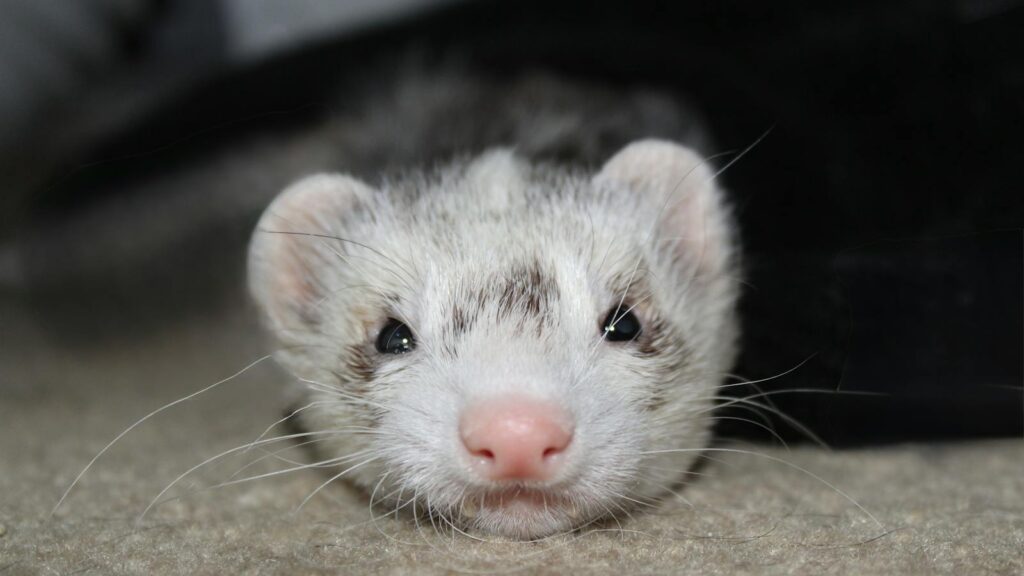
Dental disease affects a majority of ferrets as they age, with tartar buildup, gingivitis, and eventual tooth decay causing significant pain and potential systemic health problems. Ferrets with dental issues may drop food while eating, drool excessively, grind their teeth, or show reluctance to eat hard foods – all signs that should prompt immediate veterinary attention. The small mouth structure and carnivorous diet of ferrets make them particularly susceptible to dental problems if proper care isn’t maintained. Prevention requires a multi-faceted approach, including regular tooth brushing with ferret-specific toothpaste, providing dental treats specifically designed for ferrets, and offering raw meaty bones occasionally to help clean teeth naturally. Annual dental checkups with an exotic pet veterinarian can catch problems early, with professional cleanings performed under anesthesia when necessary to remove established tartar and treat more advanced dental disease.
Gastrointestinal Blockages: A Dangerous Emergency

Ferrets have an innate tendency to explore the world with their mouths, often ingesting inappropriate items like rubber, foam, fabric, or plastic, which can cause life-threatening gastrointestinal blockages. Their streamlined digestive tract lacks the ability to vomit, making it impossible for them to expel foreign objects naturally once swallowed. Symptoms of blockage include lack of bowel movements, repeated unproductive straining, decreased appetite, lethargy, and abdominal pain, constituting a true medical emergency requiring immediate veterinary intervention. Prevention rests primarily with ferret-proofing your home thoroughly – securing all small rubber items, inspecting toys regularly for chewed pieces, avoiding latex or foam products, and supervising play sessions carefully. Creating a safe environment is especially important for young ferrets under a year old, whose playful curiosity puts them at heightened risk of ingesting foreign objects that could lead to blockages.
Influenza: A Shared Viral Threat

Ferrets are highly susceptible to human influenza viruses, sharing similar receptors in their respiratory tracts that make them vulnerable to the same flu strains that affect people. When infected, ferrets develop remarkably similar symptoms to humans: sneezing, nasal discharge, fever, lethargy, and decreased appetite, with severe cases potentially progressing to pneumonia. This shared vulnerability to influenza makes ferrets valuable in medical research but poses a significant health risk for pet ferrets. Prevention requires careful household management, particularly during flu season – washing hands before handling your ferret, avoiding contact when you’re sick, ensuring visitors follow the same precautions, and considering annual influenza vaccinations for household members. Some veterinarians may recommend keeping your ferret away from large gatherings of people during peak flu season, as the risk of exposure increases in crowded environments.
Heart Disease: A Silent Threat
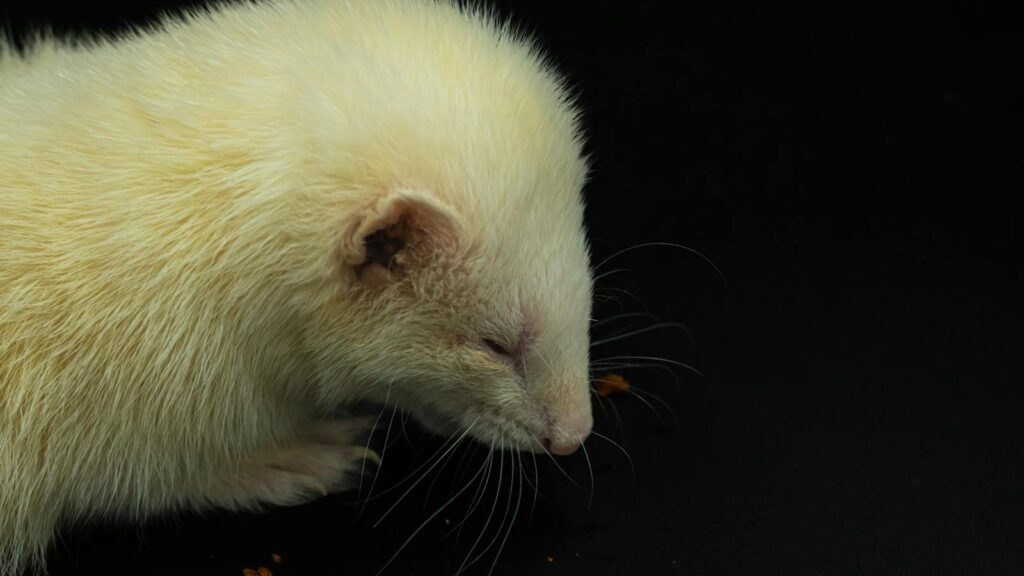
Heart disease, particularly dilated cardiomyopathy (DCM), affects many middle-aged and older ferrets, often developing gradually without obvious symptoms until the condition becomes advanced. As the disease progresses, affected ferrets may show decreased energy, exercise intolerance, coughing, blue-tinged gums, or, in severe cases, collapse from inadequate cardiac output. While genetic factors play a significant role in ferret heart disease development, maintaining proper nutrition and weight management can help reduce cardiac strain. Prevention strategies include feeding a balanced, species-appropriate diet low in carbohydrates, maintaining a proper body condition through regular exercise, and scheduling annual veterinary examinations that include heart auscultation to detect murmurs or abnormal rhythms early. Some veterinarians recommend cardiac screening for older ferrets even without symptoms, as early intervention with medications can significantly slow disease progression and extend quality of life.
Canine Distemper Virus: A Preventable Tragedy

Canine distemper virus (CDV) represents one of the most devastating and nearly always fatal diseases affecting unvaccinated ferrets, with a mortality rate approaching 100%. The highly contagious virus attacks multiple body systems, beginning with respiratory symptoms like discharge and coughing, progressing to gastrointestinal issues, and ultimately causing neurological damage with seizures and paralysis. There is no effective treatment once symptoms develop, making prevention through vaccination absolutely crucial for all pet ferrets. A proper vaccination protocol typically begins with distemper shots at 8-9 weeks of age, followed by boosters every 3-4 weeks until 14-16 weeks old, and then annual revaccination throughout the ferret’s life. Additionally, limiting exposure to unvaccinated dogs or wildlife that might carry the virus provides an important secondary layer of protection against this deadly disease.
Epizootic Catarrhal Enteritis (ECE): The Green Slime Disease
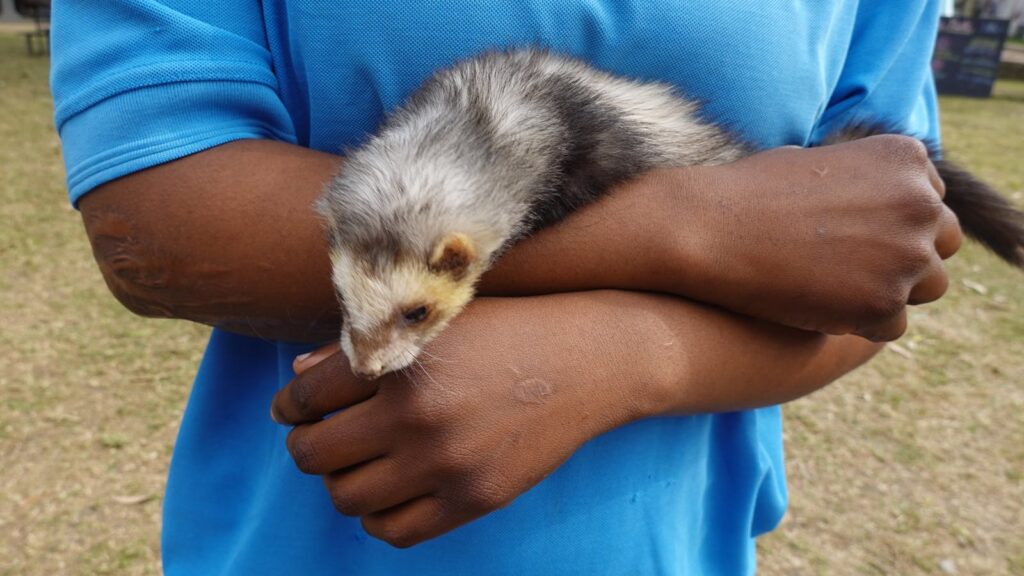
Epizootic Catarrhal Enteritis, commonly known as “green slime disease,” is a highly contagious coronavirus infection that primarily affects the gastrointestinal tract of ferrets. The disease earned its colloquial name from the characteristic bright green, mucus-laden diarrhea it produces, along with other symptoms including lethargy, vomiting, decreased appetite, and weight loss. Young ferrets typically recover within a week with supportive care, but older ferrets may develop chronic inflammation of the intestines leading to persistent digestive issues and malnutrition. Prevention centers around careful quarantine procedures when introducing new ferrets to your household, thoroughly washing hands between handling different ferrets, and avoiding shared ferret facilities during disease outbreaks. Keeping food and water dishes clean and practicing good overall sanitation in your ferret’s living area further reduces transmission risk of this unpleasant but rarely fatal condition.
Nutritional Deficiencies: The Diet Connection
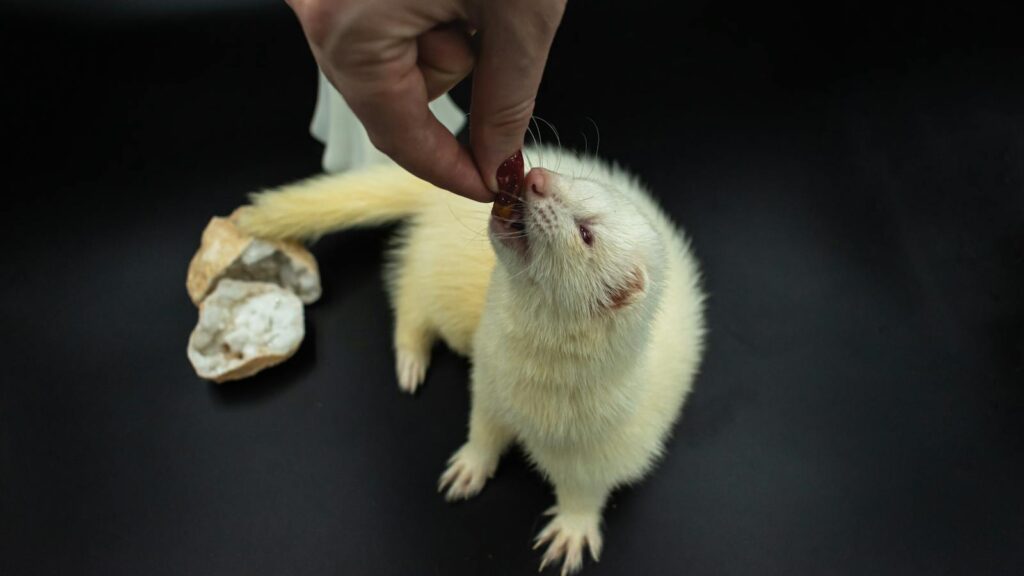
As obligate carnivores with extremely short digestive tracts, ferrets require highly specialized nutrition that mirrors their natural prey-based diet – high in animal protein and fat, with minimal carbohydrates and fiber. Feeding inappropriate foods can lead to numerous health problems including malnutrition, obesity, gastrointestinal distress, and potentially contribute to diseases like insulinoma. Common nutritional mistakes include feeding cat food (which contains inadequate protein levels and inappropriate fiber content), offering foods with plant proteins rather than animal proteins, or providing treats high in sugars and starches. Prevention involves selecting specially formulated premium ferret food or carefully balanced raw diets, avoiding grain-filled products, and limiting treats to appropriate protein-based options like freeze-dried meat. Reading ingredient labels carefully is essential, as the first several ingredients should always be named meat sources rather than meal, by-products, or plant proteins.
Respiratory Infections: Beyond the Flu
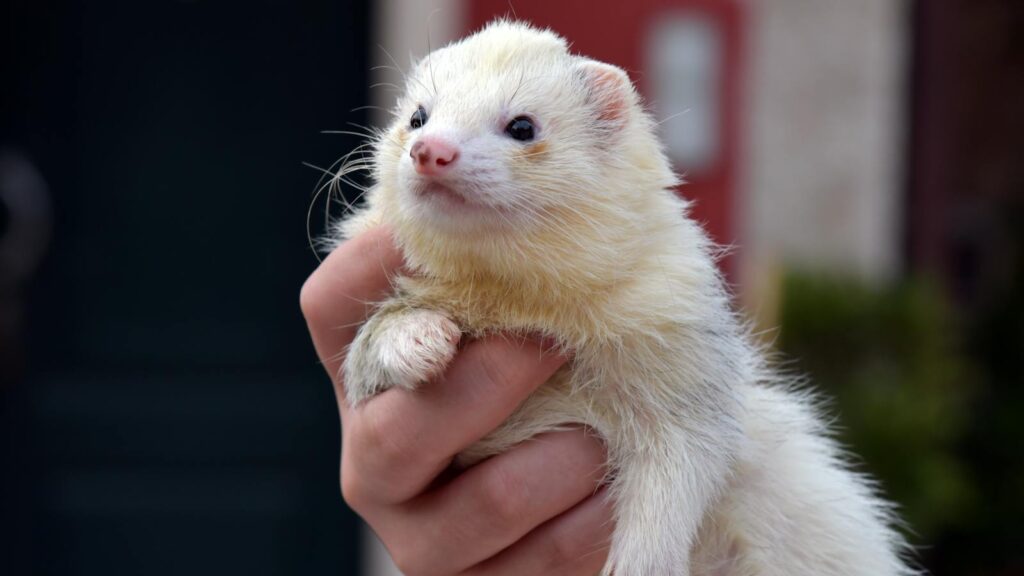
Ferrets are prone to several respiratory conditions beyond influenza, including bacterial infections, pneumonia, and allergic reactions, which can manifest as sneezing, coughing, wheezing, or labored breathing. Their long, narrow respiratory tracts make them particularly vulnerable to inhaled irritants and infectious agents that can quickly develop into serious conditions requiring veterinary intervention. Environmental factors play a significant role in respiratory health, with exposure to cigarette smoke, strong cleaning chemicals, perfumes, and dusty bedding all potential triggers for respiratory distress. Prevention strategies include maintaining excellent air quality in your home with proper ventilation, using unscented litter and bedding products specifically designed for ferrets, avoiding aerosol products around ferret living areas, and ensuring regular cage cleaning to prevent ammonia buildup from waste. Keeping your ferret’s environment free from dust, smoke, and chemical fumes provides the foundation for respiratory health.
Skin Conditions: Itching for Solutions
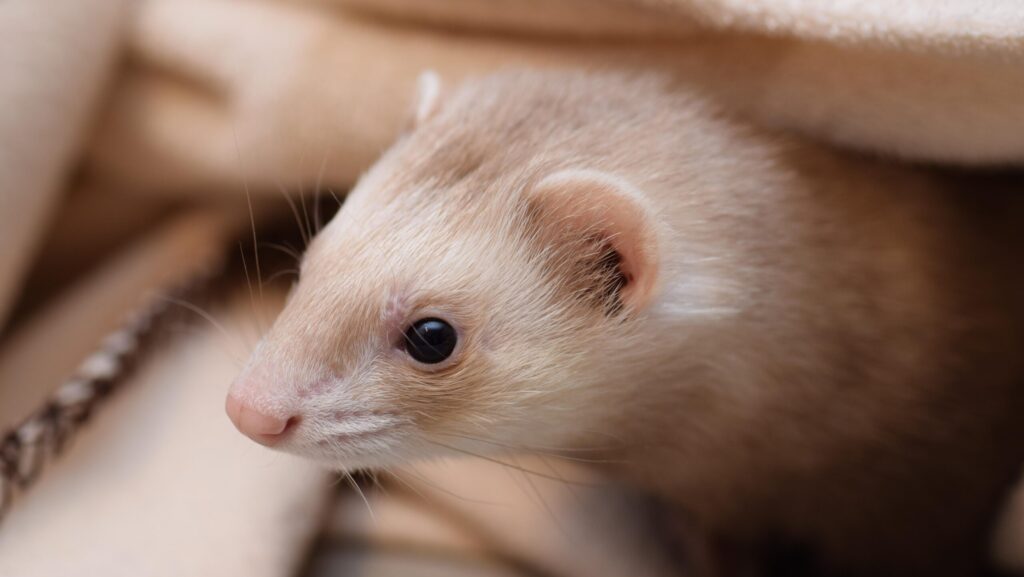
Ferrets can develop various skin problems, including parasitic infestations (fleas, ear mites), allergic dermatitis, bacterial or fungal infections, and seasonal dry skin that cause itching, hair loss, inflammation, or discomfort. Excessive scratching often exacerbates these conditions by creating skin breaks that lead to secondary infections, creating a challenging cycle to break without appropriate treatment. Regular grooming and skin examinations help detect problems early before they become severe or widespread. Prevention encompasses several approaches: using appropriately diluted, ferret-safe shampoos only when necessary (as over-bathing strips natural oils), providing adequate humidity especially during winter months, feeding high-quality diets with essential fatty acids for skin health, and implementing regular parasite prevention as recommended by your exotic pet veterinarian. For ferrets with recurring skin issues, identifying and eliminating potential allergens from bedding, food, or environment may be necessary to provide lasting relief.
Preventative Care: The Foundation of Ferret Health

A comprehensive preventative care program forms the cornerstone of maintaining optimal ferret health and detecting potential problems before they become serious. This approach begins with finding an exotic pet veterinarian experienced with ferrets – not all small animal practitioners have specific ferret knowledge, making specialist care invaluable. Establish a schedule of semi-annual wellness examinations, including complete physical assessment, weight monitoring, dental evaluation, and appropriate laboratory testing based on age and risk factors. Maintain detailed health records tracking weight changes, appetite, behavior patterns, and elimination habits, as subtle shifts often provide early warning signs of developing problems. Beyond veterinary care, prevention extends to daily management: providing proper nutrition, ensuring adequate exercise opportunities, maintaining clean living conditions, and creating a stimulating but safe environment that addresses the species-specific needs of these intelligent, active pets.
Ferrets may face numerous health challenges, but informed and proactive owners can significantly improve their pets’ odds of living long, healthy lives. Understanding the common diseases affecting ferrets allows for earlier recognition of symptoms and quicker intervention when problems arise. Preventative strategies – from proper nutrition and environmental management to regular veterinary care and appropriate vaccinations – create a strong foundation for ferret wellness. Remember that ferrets are masters at hiding illness until conditions become advanced, making your vigilance as an owner particularly crucial. By implementing the preventative measures outlined in this guide and working closely with a ferret-knowledgeable veterinarian, you can help your fuzzy companion avoid many common health pitfalls and enjoy the playful, mischievous lifestyle that makes ferrets such beloved pets.


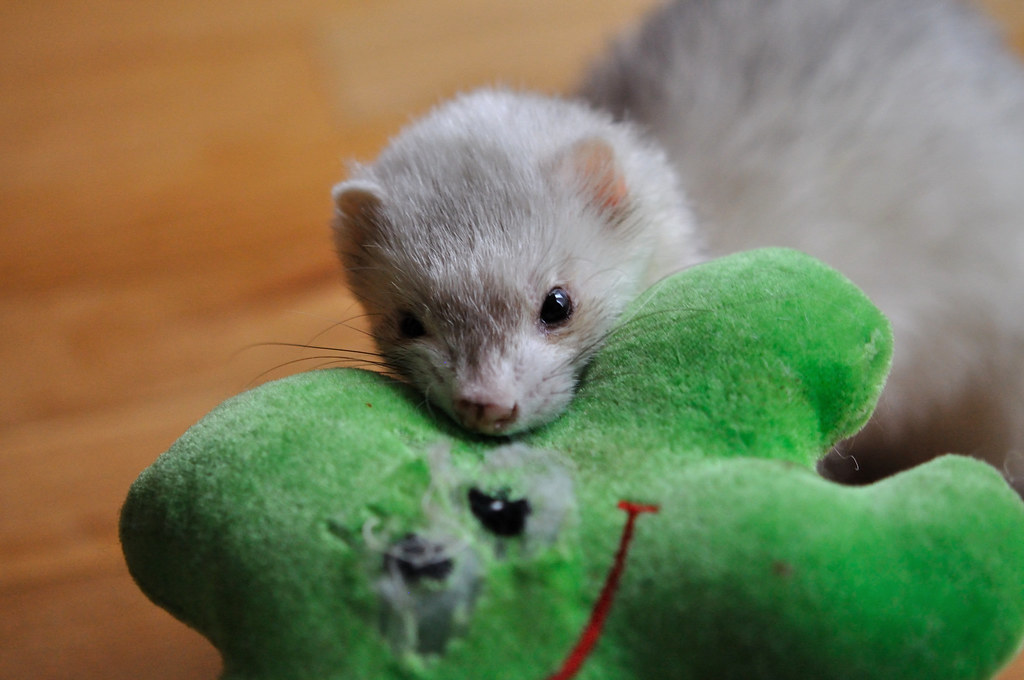
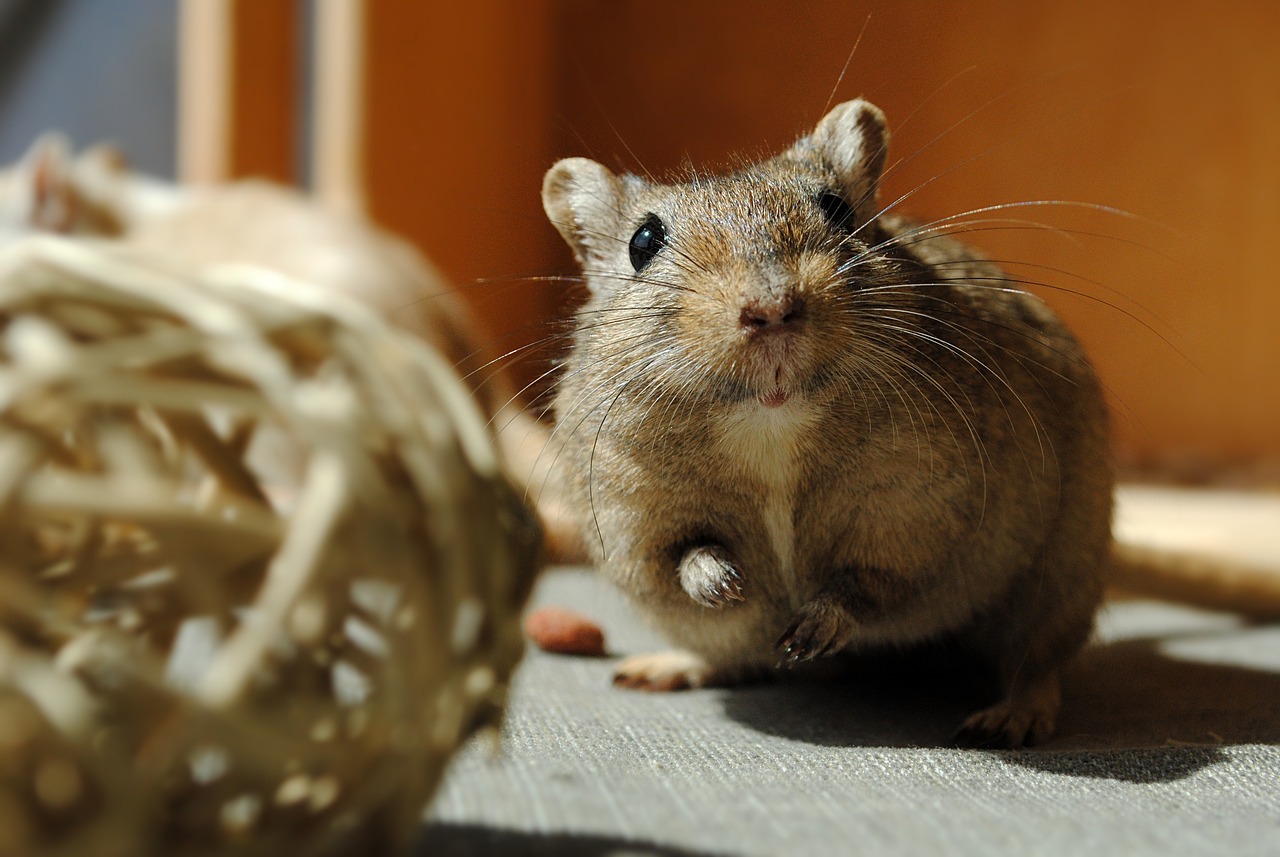
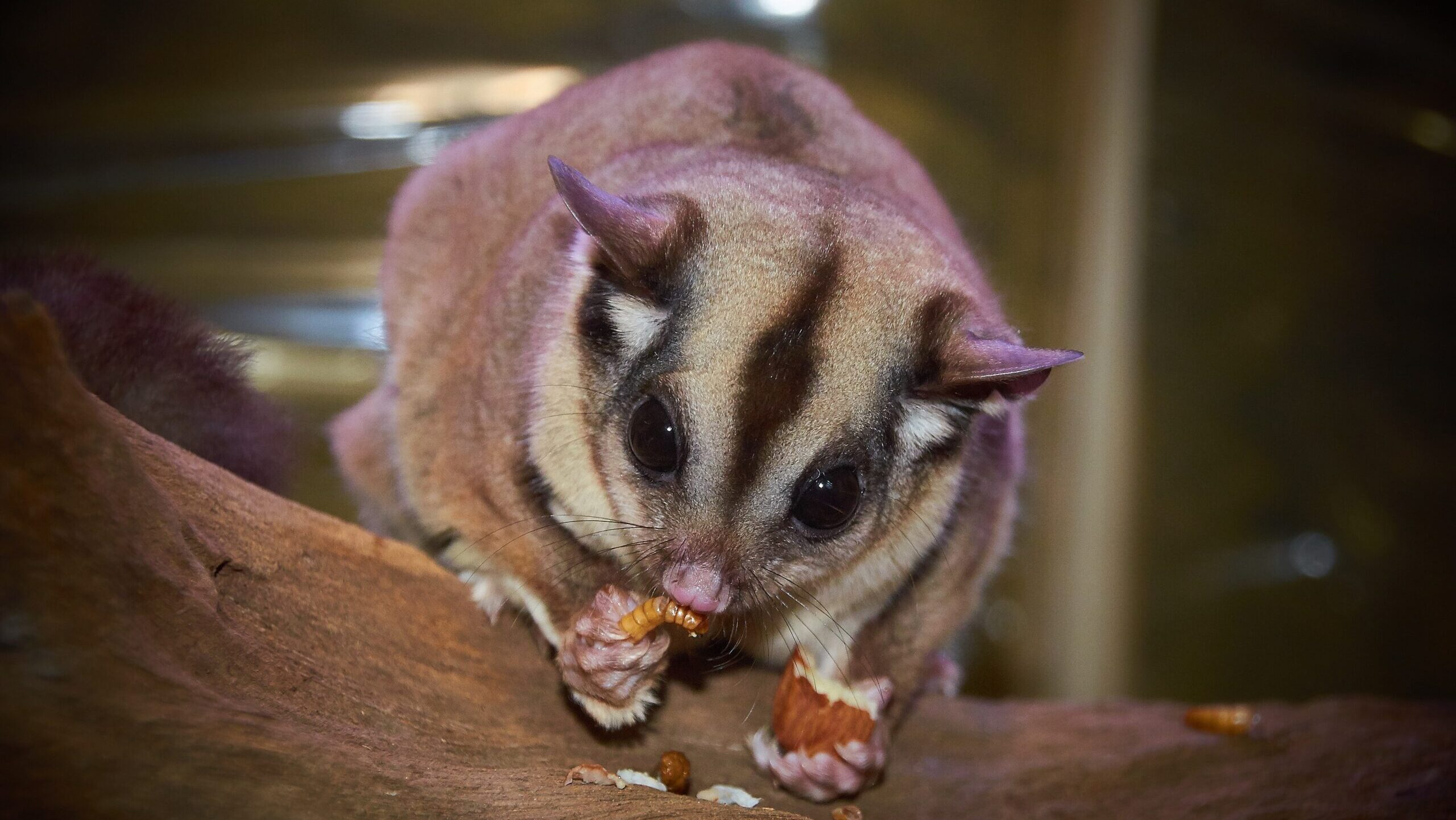
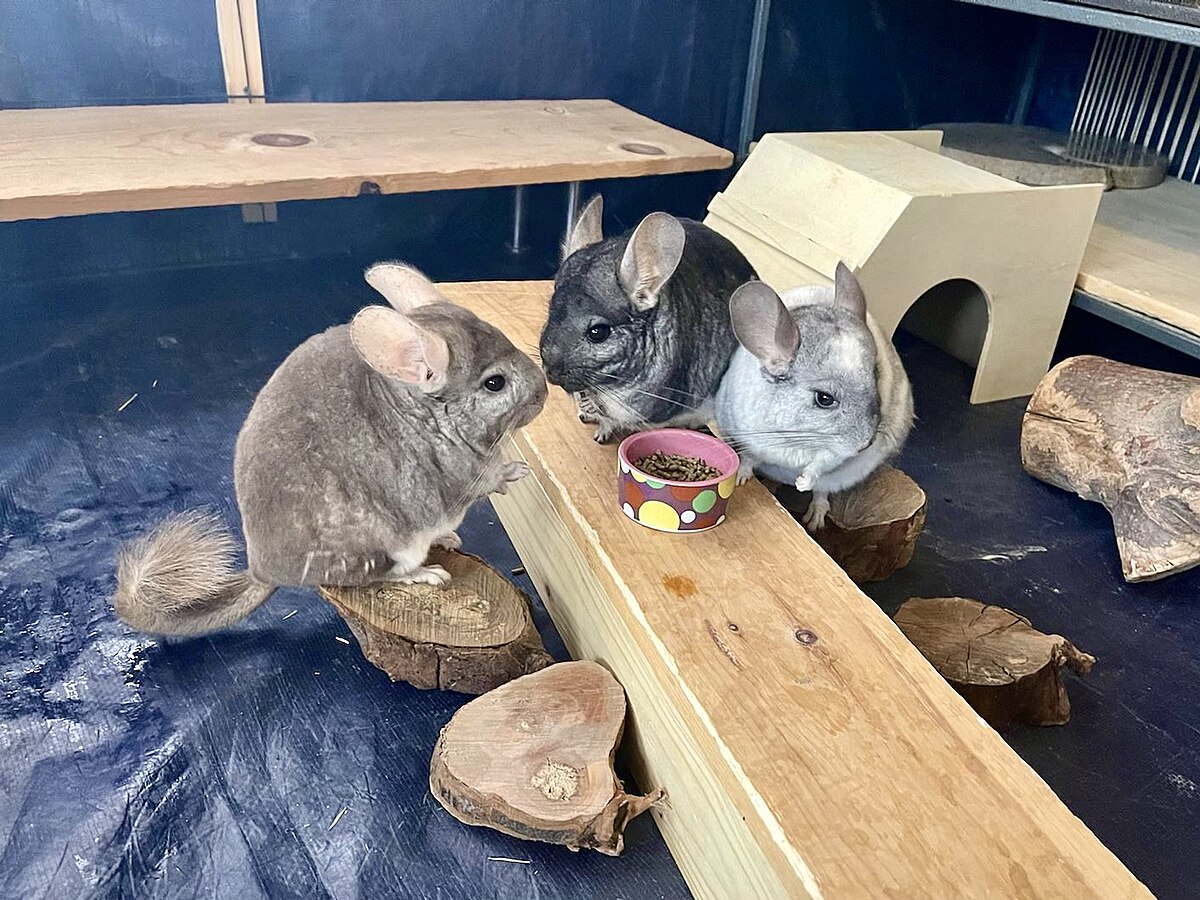

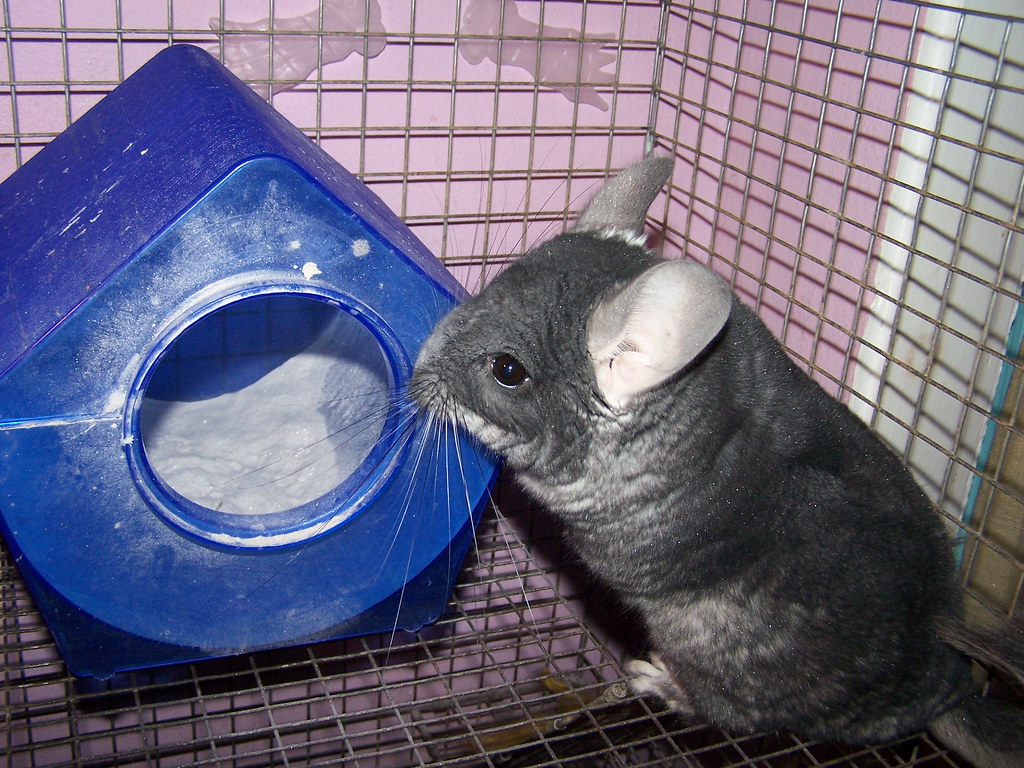


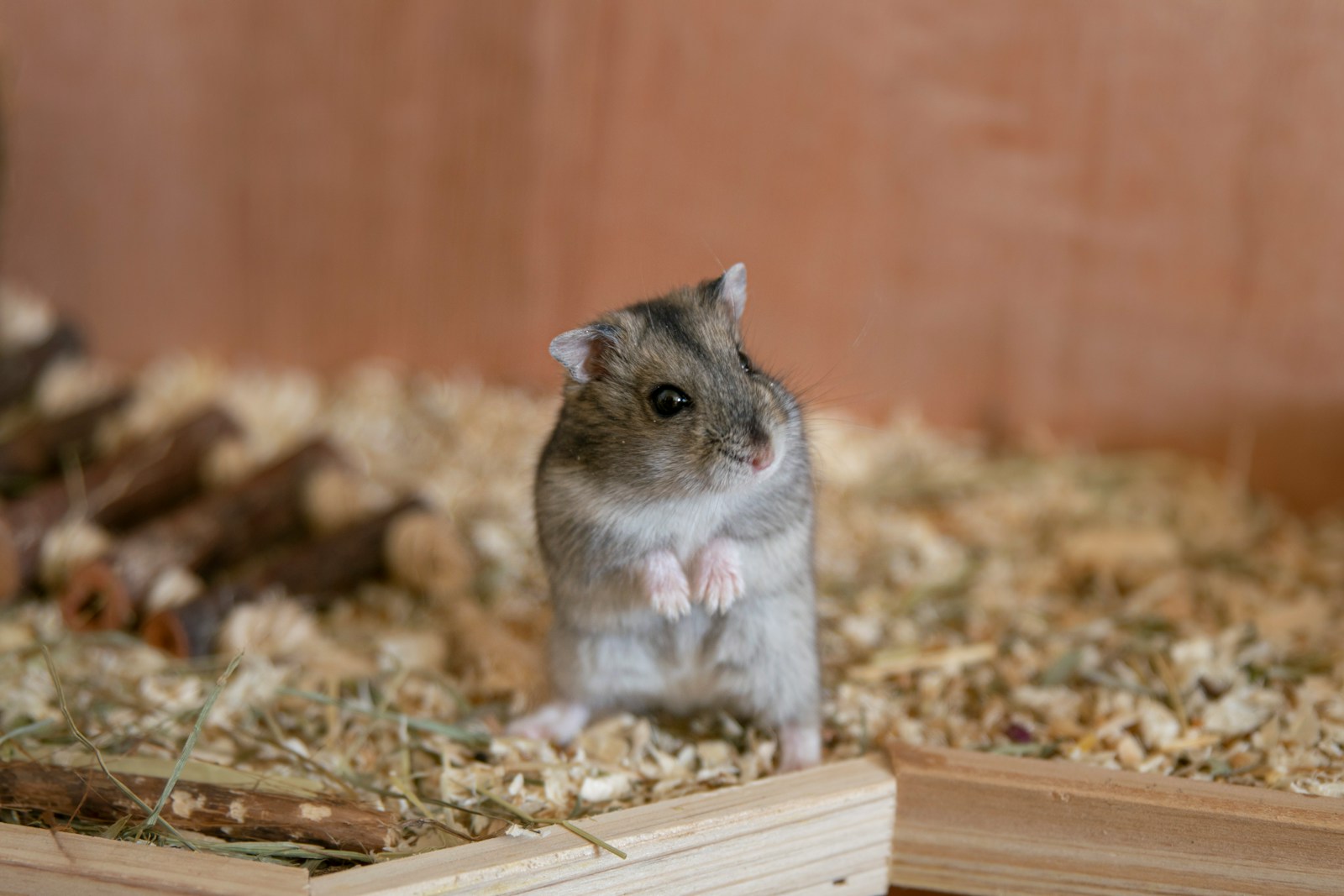

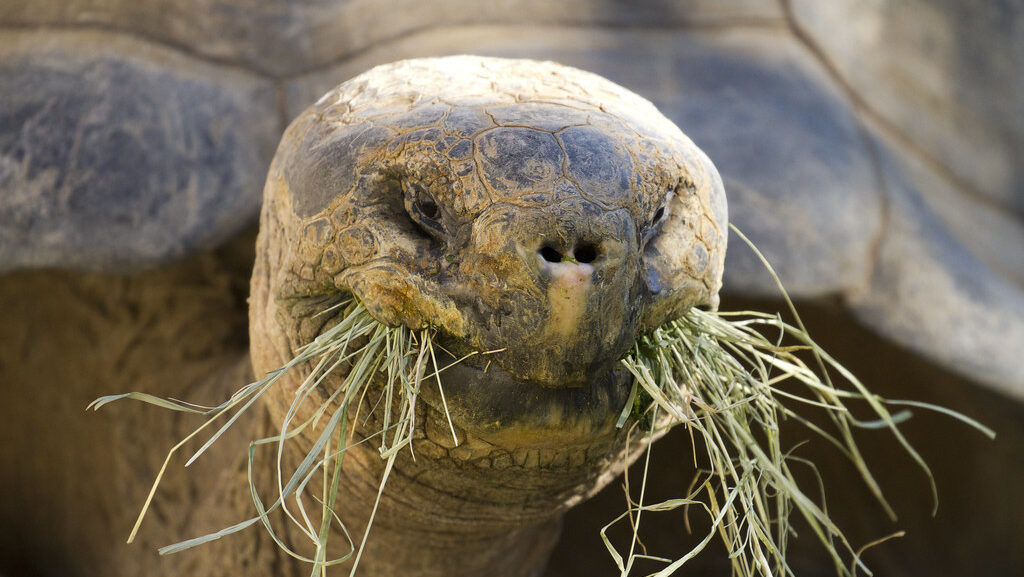
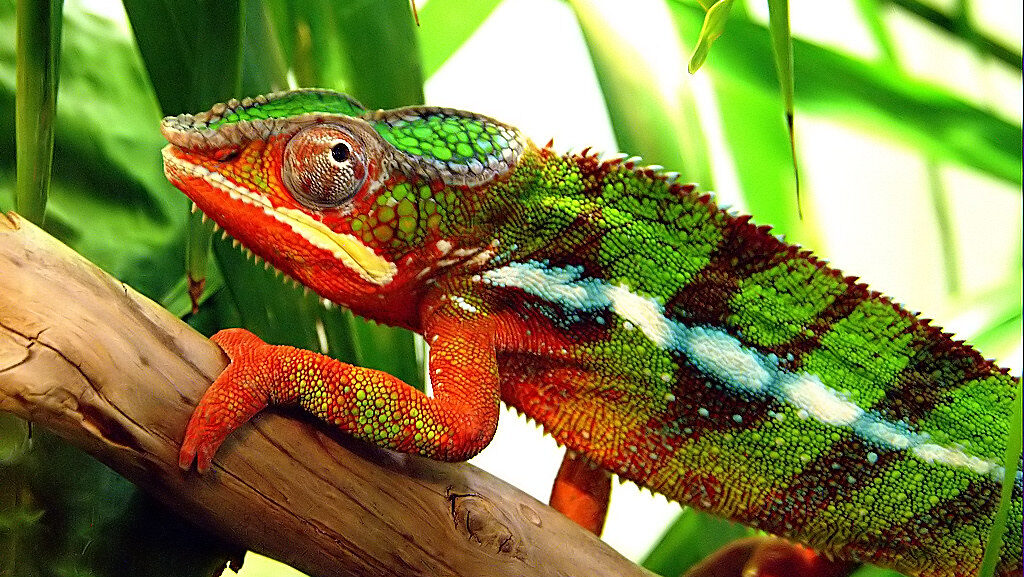
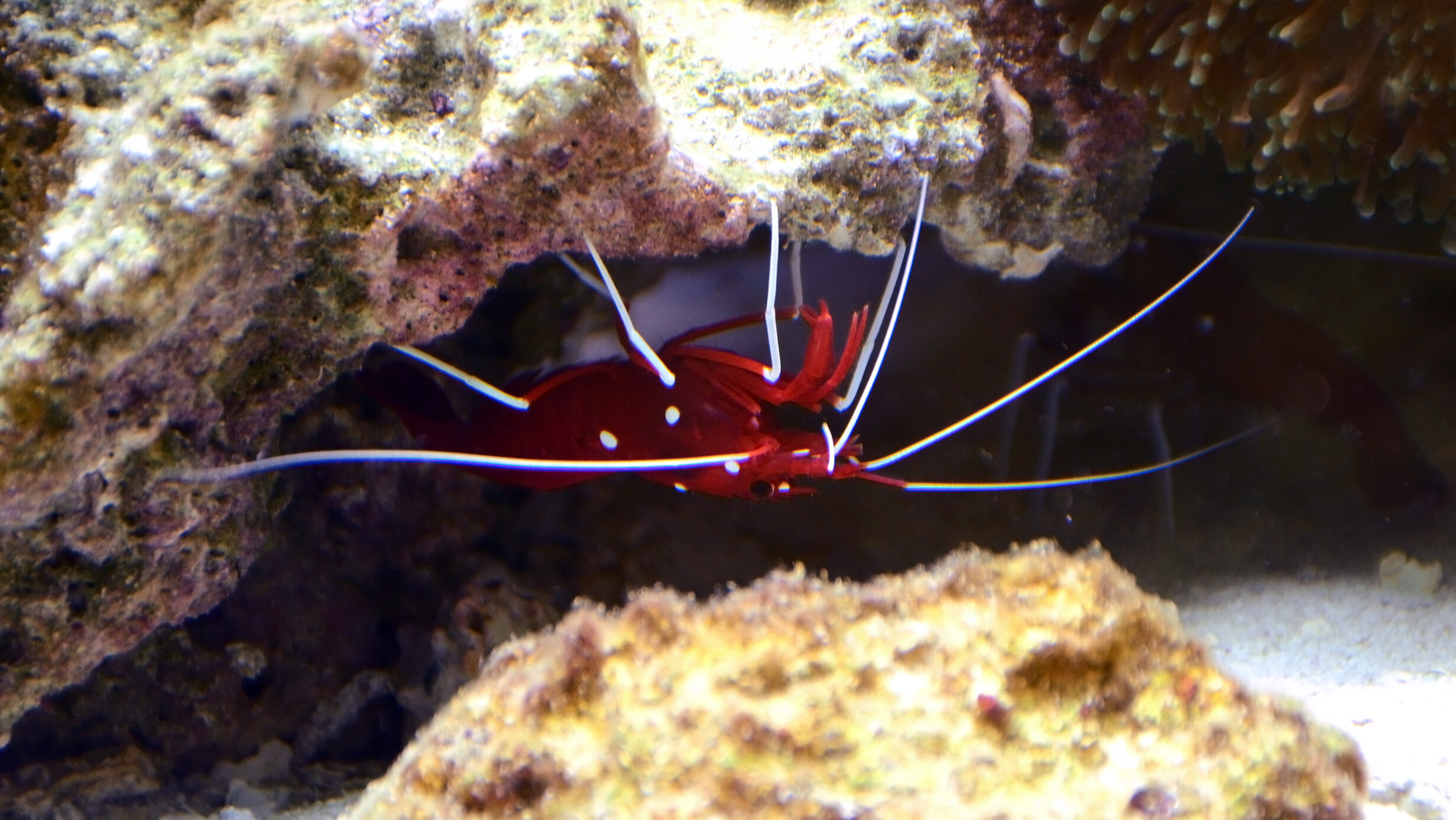
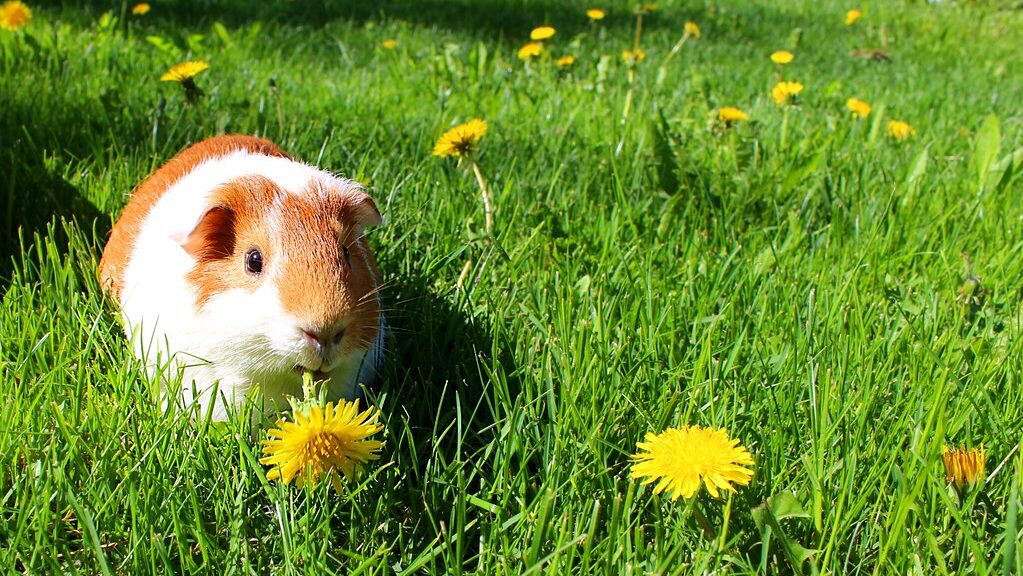
Leave a Reply